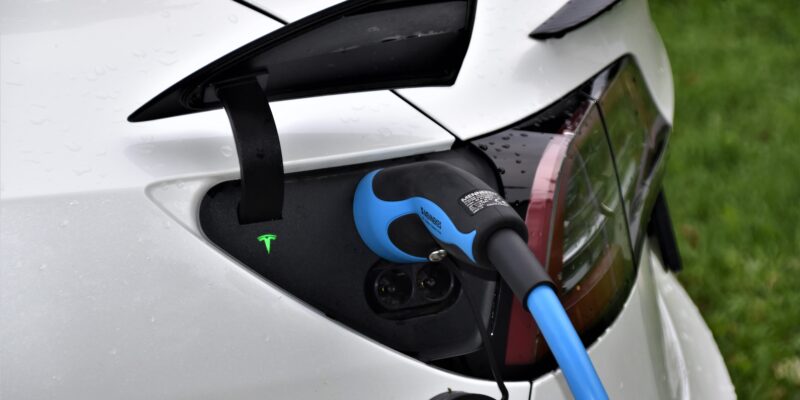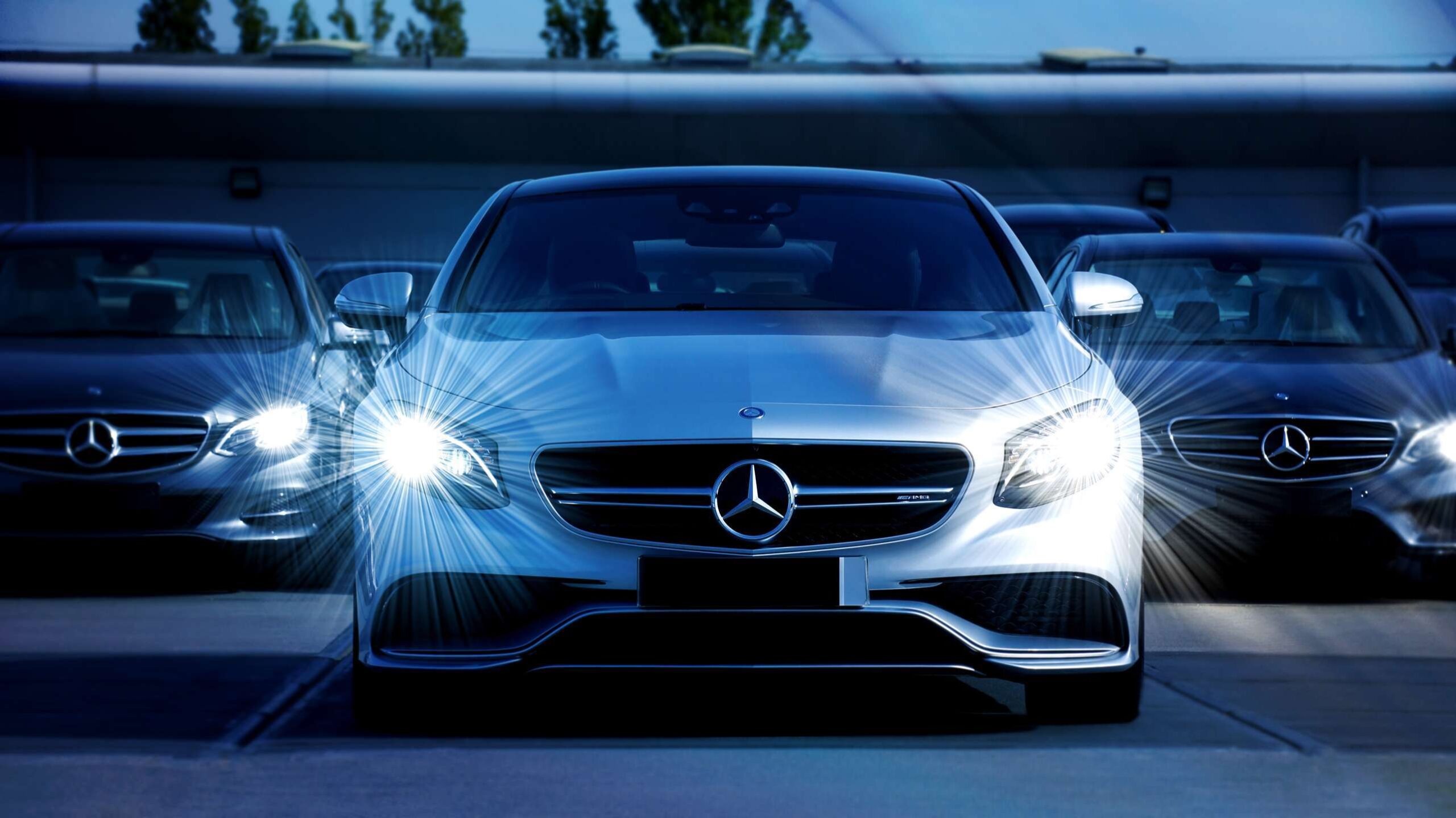Fuel Cell Batteries Vs. Normal Batteries For EVs: A Buyer’s Guide
Electric vehicles (EVs) are a part of the automotive industry that is increasing rapidly as their attractiveness to consumers is rising. Their reduced fuel, maintenance costs and various government incentives have propelled their popularity in the last few years. For most consumers, very little is known about the technology behind the vehicle other than they are cheaper to run and better for the environment.
Within EV technology, the main component is the battery. It is the heart of the car; without it, the vehicle would be stationary. In the EV automotive industry, there are two different types of batteries available; the fuel cell and the traditional battery. Both types of equipment will power the vehicle, but their technology varies.
Differences between Fuel Cell and Traditional Batteries
While traditional batteries store energy, fuel cell battery technology involves taking an energy source such as hydrogen and natural gas and turning it into electrical energy. Fuel cells can also have a battery component to store any excess electricity it creates. They are primarily used with hydrogen but can be applied to fossil fuels. Unlike traditional engines, fuel cells convert the power rather than combust it, resulting in clean energy.

Types of Batteries and Fuel Cells
There are three main types of traditional EV batteries are:
- Lithium Ion
- Lead acid, and
- Nickel-metal hydride
The nickel-metal hydride batteries are the most commonly used as they have a longer life cycle. But these batteries are more expensive and have a high heat generation, which EV’s are known for.
The main types of fuel cell batteries used in vehicles are:
- The proton exchange membrane (PEM).
- Alkaline fuel cell (AFC).
- Molten carbonate fuel cell (MCFC).
- Phosphoric acid fuel cell (PAFC).
The most commonly used fuel cell is the proton exchange membrane, which is compact in size, has a long life, and has a quick response time.
The Cost of Fuels Cells vs. Batteries
As the technology for all-electric vehicles has improved and refined, consumer cost has decreased. Fuel cell batteries have decreased by 65% over the last ten years, while traditional batteries have decreased by 85%.
Even though the prices of fuel cells and traditional batteries have reduced, fuel cell vehicles remain considerably higher priced than battery-powered electric vehicles. The difference in cost is primarily down to the government pushing the electrification of vehicles.
Another reason for the higher price of fuel cell batteries is the use of expensive materials. One of the main materials used in the construction of the battery is platinum. Fuel cells need platinum as a catalyst during the creation of power. As the technology has improved, they require smaller amounts of platinum, so the price may start to reduce in the future.
Along with platinum, fuel cells need hydrogen. Hydrogen is expensive, and a lot of energy is required to produce it. It is also challenging to store, which adds to fuel cells high price.
Compared to traditional batteries, fuel cell batteries are considerably larger, which means the vehicle itself also has to be large. Normal-sized sedans or smaller cars may not be applicable to this technology yet. This gives traditional batteries an edge as they are smaller, which means they can work in almost any vehicle.
Pros and Cons of Fuel Cell Batteries
One of the main pros for fuel cell batteries above traditional EV batteries is the charging time. Fuel cell batteries can be charged to total capacity in minutes compared to traditional EV batteries, which could take up to twelve hours. It should be noted that if you do buy a fuel cell car, due to it being a new technology, it may be hard to find a facility to charge it. The charging facilities around both types of batteries are still being constructed, but there is a better infrastructure for the traditional battery.
For battery efficiency, traditional batteries are far more efficient than fuel cells. They will utilize over 70% of the electricity within the battery to run the car. Fuels cells require double the energy needed to drive the same distance as a standard EV. Nearly half of the energy in a fuel cell is used to create the hydrogen necessary to power the car.
Both fuel cells and traditional batteries release far less emissions than gas-powered cars, making them the more environmentally friendly option. Fuels cells will only omit water, so there is no air pollution. The level of emissions from a battery-powered EV depends on the energy source used. Both traditional batteries and fuel cells can also be recycled once they have come to the end of their life.
Either option is beneficial
Depending on what you are looking for in your new environmentally friendly car, both fuel cells and traditional batteries are great choices. Traditional EVs are becoming more affordable, have better charging infrastructure, and are better for the earth. Fuel cell cars are more expensive but are better for drivers looking for a vehicle that can consistently compete long distances as they can carry enough fuel for over 250 miles. But as EV technology evolves, more models with traditional batteries are being developed for long ranges.
While traditional batteries are starting to come down in price and charging times, fuel cells are a relatively new technology but are a promising future for electric vehicles. Whichever option you choose, it is an option that is better for the environment and the future of the planet.















